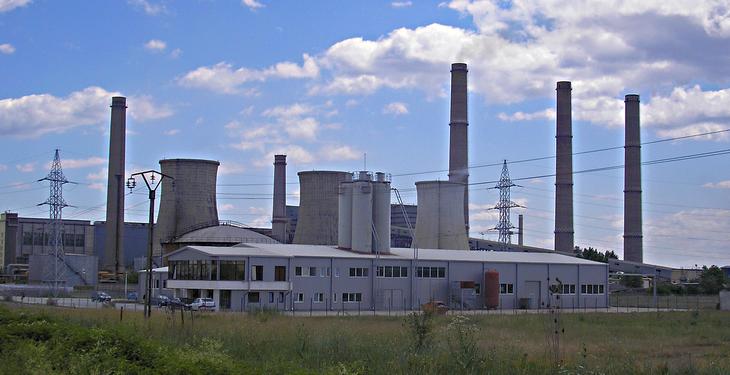The Chamber of Deputies, the decision-making body, passed a bill on Wednesday, November 28, extending the exemption for coal-fired power generators as far as their obligation of paying for green certificates (GCs). The bill of law received a negative opinion from the Economic and Social Council, which criticized the lack of an impact study on electricity and green certificates markets. The law goes to promulgation and would enter into force, under the condition of being accepted by the European Commission.
The initiator of the bill, 23 deputies and senators from ALDE and PSD plus Remus Borza (non-affiliated), consider that “through the obligation to purchase green certificates, CE Oltenia, CE Hunedoara and CET Govora subsidize directly renewable energy producers, their competitors in the electricity market “.
In the wording of the Chamber of Deputies, Article 8 paragraph (1) letter b) of the Law no.220 / 2008 for establishing the system for promoting the production of energy from renewable sources was changed in the sense of extending the exemption from the obligation to acquire the GCs for including the electricity required “for the extraction, preparation and handling of raw materials used in the production of electricity, in the case of an electricity producer that also operates the extraction, preparation and handling of raw materials used in the production of electricity irrespective of the location of the place of consumption and the mode of transport of extracted raw material.”
Critics note, among other, that the wording of the law allows the extension of the exemption to be applied also to power generators that use natural gas or oil in their production. Also, the change says nothing about how the GCs no longer be purchased by coal-based energy complexes will be redistributed.
This decision is the latest example of sudden intervention by the authorities disturbing the markets, referred to by Claudia Brânduş, President of RWEA, at a recent event organized by energynomics.ro. “At present, the appetite of renewable energy investors is zero, because no one can go beyond the lack of coherence and stability, beyond the country’s lack of vision”, Claudia Brânduş summarized. This change also goes against the direction taken by the European Union and Romania in stimulating the transition to renewable energies through support schemes for green energy generation, but also through sanctioning fossil-based generators, the obligation to acquire carbon certificate, included.
